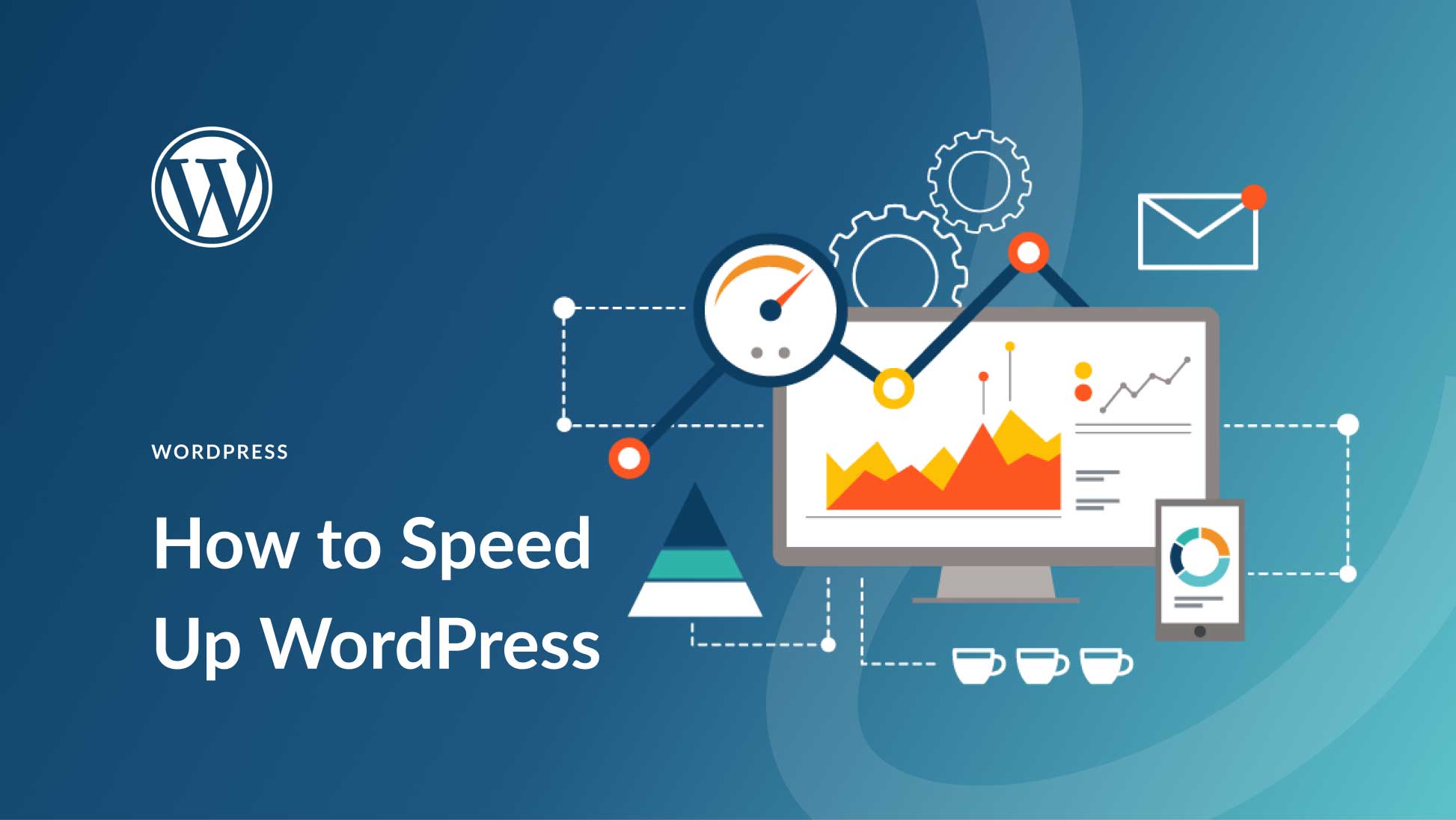How to Improve Your WordPress Website Speed
Having a fast website is crucial for providing a good user experience and ranking well in search engines. If your WordPress site is loading slowly, there are several steps you can take to improve its speed.
1. Choose a Good Hosting Provider
The foundation of a fast WordPress site is a good hosting provider. Make sure to choose a hosting company that offers optimized servers for WordPress websites. Some popular hosting providers that are known for their speed and reliability include SiteGround, Bluehost, and WP Engine.
2. Use a Lightweight Theme
One of the biggest factors affecting website speed is the theme you choose. Avoid using heavy, bloated themes with lots of unnecessary features. Instead, opt for a lightweight theme that is optimized for speed. Some recommended lightweight themes include Astra, GeneratePress, and OceanWP.
3. Optimize Images
Large images can slow down your website significantly. Make sure to optimize all images on your site by compressing them and reducing their file sizes. You can use tools like Smush or WP-Optimize to automatically compress images without losing quality.
4. Enable Caching
Caching can greatly improve the speed of your WordPress site by storing static versions of your web pages. This reduces the amount of processing power needed to load your site each time a user visits. You can use plugins like WP Super Cache or W3 Total Cache to enable caching on your site.
5. Reduce HTTP Requests
Each element on your website, such as images, scripts, and stylesheets, require an HTTP request to load. Try to reduce the number of HTTP requests on your site by combining CSS and JavaScript files, using sprite sheets for images, and removing unnecessary scripts and plugins.
6. Minify CSS and JavaScript
Minifying CSS and JavaScript files involves removing unnecessary characters like white spaces, comments, and line breaks. This reduces file sizes and speeds up loading times. You can use plugins like Autoptimize or WP Rocket to automatically minify your site’s CSS and JavaScript files.
7. Update WordPress and Plugins
Make sure to regularly update your WordPress core, themes, and plugins to ensure they are running the latest versions. Developers often release updates that optimize code and improve performance, so keeping everything up-to-date can help speed up your site.
8. Monitor Your Site’s Speed
Lastly, it’s important to monitor your site’s speed regularly to identify any issues and make necessary improvements. You can use tools like GTmetrix, Pingdom, or Google PageSpeed Insights to analyze your site’s performance and receive recommendations on how to optimize it further.
By following these tips, you can significantly improve the speed of your WordPress website, providing a better user experience and potentially boosting your search engine rankings. Remember that website speed is an ongoing process, so continue to monitor and make adjustments as needed to keep your site running smoothly.
